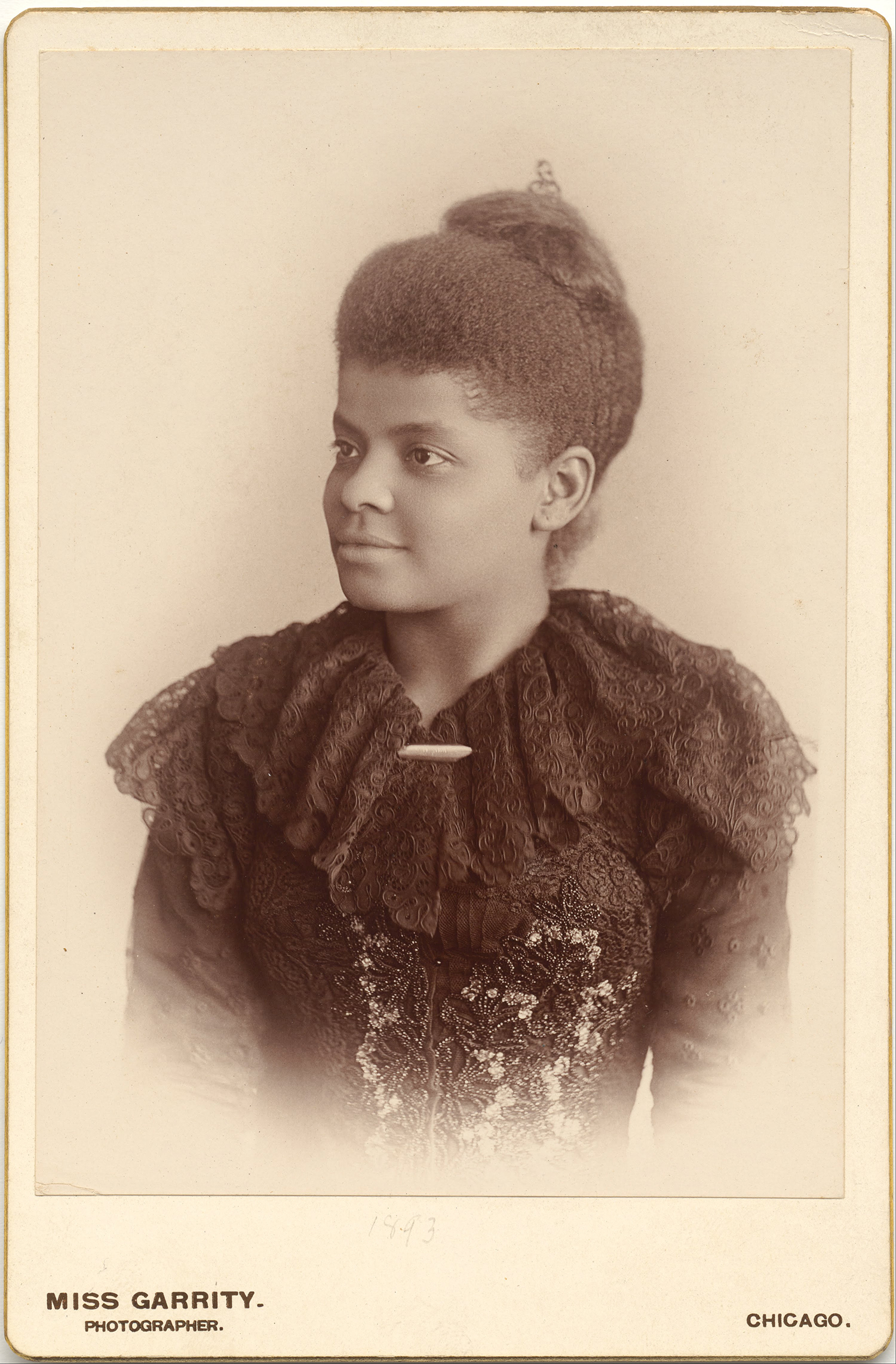Lynching usually means the killing, often by hanging, of a person by a mob in defiance of law and order. Victims of a lynching do not have a chance to defend themselves. The mob assumes its victims are guilty, whether or not the victims have had a trial. Lynch mobs not only promote disrespect for law, order, and basic human rights, but they also encourage mass brutality.

The term lynching probably originated with Charles Lynch, a planter who lived in Virginia, in what is now the United States, during the 1700’s. Lynch and his neighbors took the law into their own hands and punished Tories and others who plundered their property. Tories were people who sympathized with Britain during the American Revolution (1775-1783). The term lynching came to be applied to physical punishment, such as whipping, and tarring and feathering.
In pioneer communities on the far western American frontier, many lynch mobs punished people for horse stealing, highway robbery, or murder. Lynchings began to take the form of hangings. People took the law into their own hands because there was no duly established legal authority. With the establishment of law and order throughout the United States, lynch mobs began to act in opposition to the law, instead of supporting it.
Before 1890, most lynching victims in the United States were white. Since then, most lynchings have occurred in the South, and most of the victims have been Black. About 4,800 known lynchings occurred from 1882 to 1968. Of those, about 25 percent were against white people and about 70 percent were against Black people. The peak year for these killings was 1892, with about 230 victims. Lynchings have become rarer since the late 1960’s.
Most U.S. states have attempted to stop lynchings by laws. Some states prosecute under the laws against homicide, riot, and assault. Other states have specific lynch laws. The Emmett Till Antilynching Act of 2022 made lynching a federal hate crime in the United States. The law was named for Emmett Till, a Black teenager who was killed by lynching in Mississippi in 1955.
